
Ableism in Academia
Call for contributions to the Ableism in Academia symposium and special edition publication.
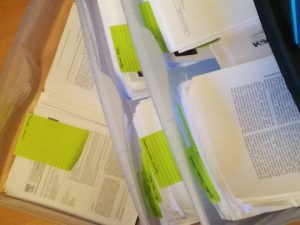
How much reading is enough?
I am often asked how much reading is enough? In this post I outline what you should consider in order to decide when it is enough.
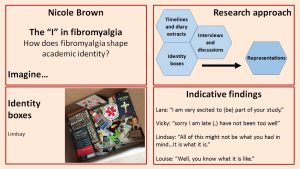
3min thesis 2016
The 3 min thesis is a competition, but it helps focussing thoughts and concentrating on what is important. Here is my "3min thesis".
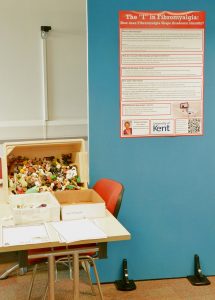
The “I” in Fibromyalgia at the PGFes2016
This is my contribution to the Postgraduate Research Festival, the PGFes2016, at the University of Kent.
Integrity at the core of strategies to prevent cheating and plagiarism
Universities need to teach professional values and integrity, if plagiarism and cheating is to be prevented in the long-term.

Identity boxes
In this post I describe what identity boxes are, how I developed the idea and why identity boxes can be used in research.
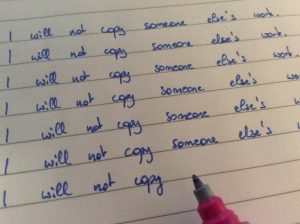
Reflections about plagiarism
Plagiarism is a socio-cultural issue. This is about academic integrity and the reputation of an institution and the degree that is awarded. I would not want to hold an academic degree that is devalued in such way that many people were able to cheat their way through it. This is a reflective piece of writing on plagiarism and what it feels like for an academic.
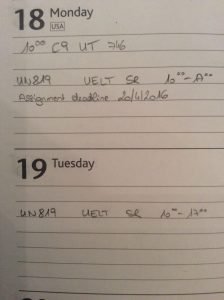
Time management
A cyclical process of reading, writing and editing is only possible if you leave enough time. Time management is therefore one of the key skills to learn when entering University life. The easiest way to introduce effective time management is by preparing schedules.
How to make writing more academic
In tutorials students often tell me that they are not confident regarding their writing skills and they ask me how to make writing more academic. Every University, every faculty and even departments will have their own philosophy relating to writing, so these guidelines must be adhered to. However, I personally think that students' attempts to make writing more academic often result in less structured and weaker essays.
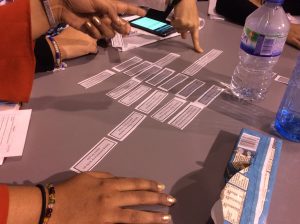
Types of plagiarism
Irrespective of the types of plagiarism, ultimately plagiarism is a punishable offence. Therefore, it is a good idea to get fully acquainted with the different types of plagiarism in order to be able to effectively avoid difficult situations. You are best advised to err on the side of caution and therefore credit too many authors and originators rather than not crediting others enough. Plagiarism is not a trivial offence, but theft and will be treated as such, irrespective of whether or not you plagiarise intentionally or unintentionally.
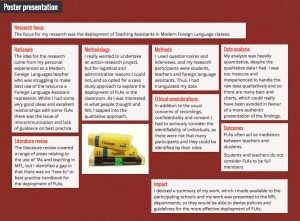
How to create a research poster
Nowadays more and more emphasis is placed upon the impact of research. In many cases research students are even required to create a research poster as part of their thesis and enquiry submissions. However, how do you create a research poster?
Methodology and methods – what are they?
When preparing a practice-based enquiry or research you will need to ask yourself how you will answer your research question or test your hypothesis. The methodology and methods section of a proposal or write-up lays out these ground rules and approaches you take.
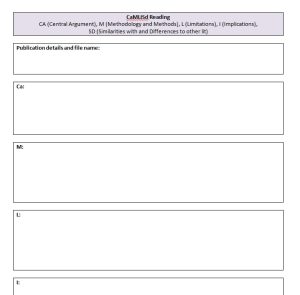
Systematic reading to prepare a literature review
If you read a great range of articles you may find that you cannot remember who said what when and where. Therefore, a systematic approach to reading and taking notes is necessary. It may be helpful to apply the "CaMLISd" grid.
Plagiarism
What is plagiarism? What are the consequences of plagiarism? What can you do to avoid plagiarising work? A brief introduction.
Proofing and editing
At University level you are expected to have checked, re-checked, edited and proofed your assignment several times. Each time you read through your work you should focus on a different aspect of your writing.
Referencing and bibliography
A good essay acknowledges all the sources used. Read here about referencing and bibliographies.